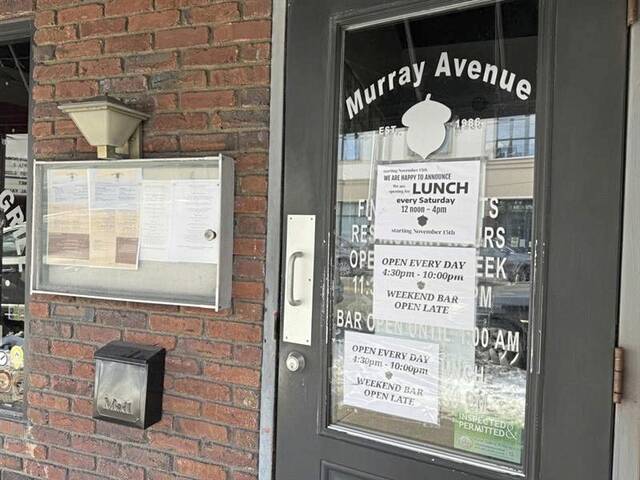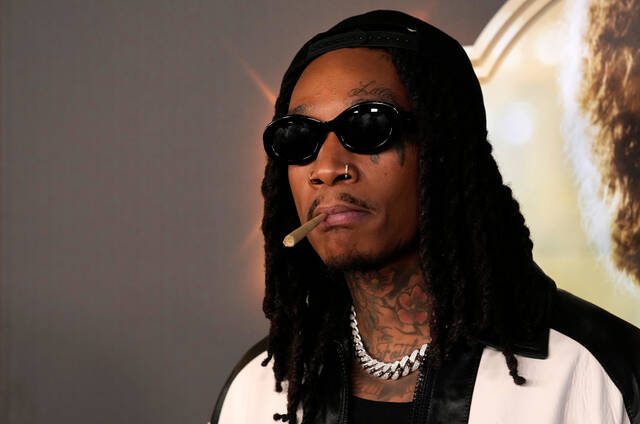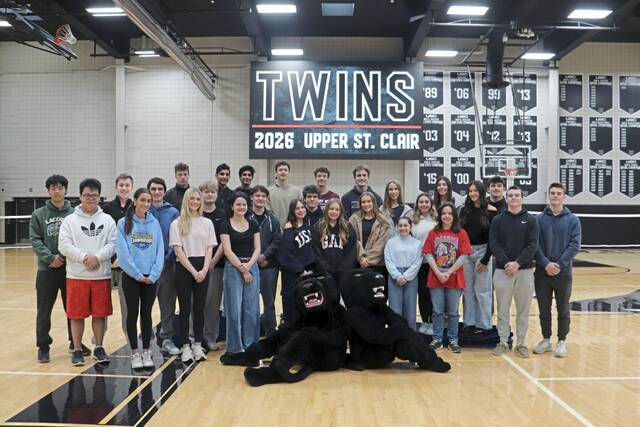The persecution of Jews in Nazi Germany began at least five years before the events of Kristallnacht, but what happened on the “Night of Broken Glass,” as it’s known in English, took that persecution to another level.
On Nov. 9 and 10, 1938, the Nazis burned synagogues, looted Jewish businesses and homes and murdered people across Germany, Austria and other Nazi-controlled parts of Europe. The term Kristallnacht grew out of the images of so much broken glass from the shattered windows of Jewish owned property.
In all, some 7,000 Jewish businesses were looted along with many homes. Between 250 and 300 synagogues were desecrated or destroyed.
Roughly 30,000 Jewish men and boys were arrested and 91 Jews died.
The terror on the streets of Germany targeting the Jewish population, which preceded Nov. 9, 1938, increased after the “Night of Broken Glass,” according to distinguished visiting University of Pittsburgh professor of law Richard Weisberg. He has helped to successfully litigate in American federal courts on behalf of Holocaust survivors and their heirs.
As part of the Holocaust Center of Pittsburgh’s 2022 Kristallnacht commemoration, Weisberg gave a lunchtime Zoom lecture called “The Nazis and the Law.” The lecture looked at how the Nazis worked within the framework of a legal system and the incremental ways that they were able to implement the atrocities associated with the Holocaust.
“The most horrific of the genocidal attempts, the most horrific endpoint — extermination — took place under color of law, hundreds of laws, and was not essentially a product of disorganized attacks on Jews,” Weisberg said.
Weisberg expressed his belief that the events of Kristallnacht are not sufficiently known.
“This is a problem that we have of education and of years going by.”
He also focused his remarks on the suffering of Jews in France, who experienced a roundup that paralleled the events of Kristallnacht under the Vichy regime, a puppet regime of Nazi Germany.
“The Germans relied on the French, once they saw that the French were willing to do the work themselves, for persecution of the Jews during the four horrible years of the Vichy regime from 1940-1944,” Weisberg said.
He pointed out that Jews who had fled to France to escape the Nazis were being rounded up after being welcomed before the occupation.
“They were deceived under the cover of law,” Weisberg said. “The police were permitted to arrest foreign nationals and put them into what the law calls ‘special camps.’ These camps might be described as concentration camps. And the Germans and the French referring to this law would often use that phrase.
“They were not death camps. They were miserable camps, however, scattered throughout both occupied and unoccupied France where 3,000 Jews died over the course of the four years of the war just because of the horrible conditions.”
Among those in the Zoom audience was at least one survivor of the French camps.
“I’ve emphasized France today because I think it’s fascinating how quickly the government, on its own, fell into a pattern of antisemitic and legalistic behavior without any German pressure,” Weisberg said. “This is the story of Kristallnacht.”
Weisberg ended his remarks by taking questions from those on the call, including one asking him to compare what happened 84 years ago to the rise in antisemitism today in the U.S. and around the world.
“I don’t think I’m overstating this that a certain amount of antisemitism, very recently in the United States, follows the Hitler playbook with a little touch of the French,” Weisberg said. “There is a deeply religious underpinning to the current antisemitism. There are the usual myths: ‘the Jews are too rich, they have too much power in the media, they’re too much to the political left.’ There is all the usual stuff that’s hurled at Jews.
“In the present environment, especially if some emergency occurs — that’s what Hitler took advantage of — maybe it’ll be the economy, it could be very hard times other than (what’s already happened). We’ve lost too many Jewish lives already here in the United States over the last 10 years.”
Also, as part of its Kristallnacht commemoration, the Holocaust Center of Pittsburgh was scheduled to present an evening program with actor, writer and director Roger Guenveur Smith performing his one-man play “Otto Frank” at Chatham University. A live talk-back with Smith was set to follow.
Seton Hill University in Greensburg was also scheduled to hold its annual Kristallnacht Remembrance Interfaith Service in Cecilian Hall.








